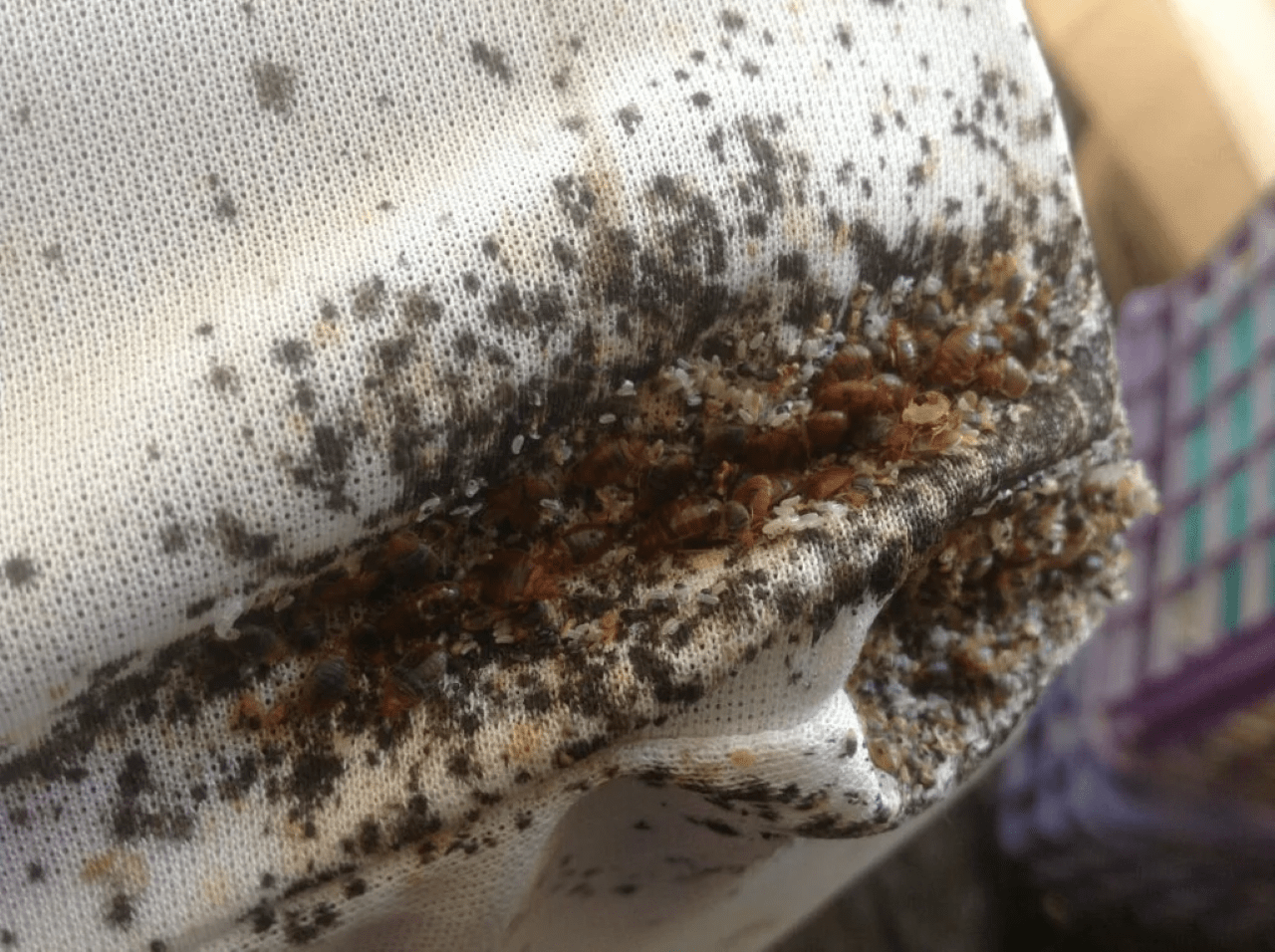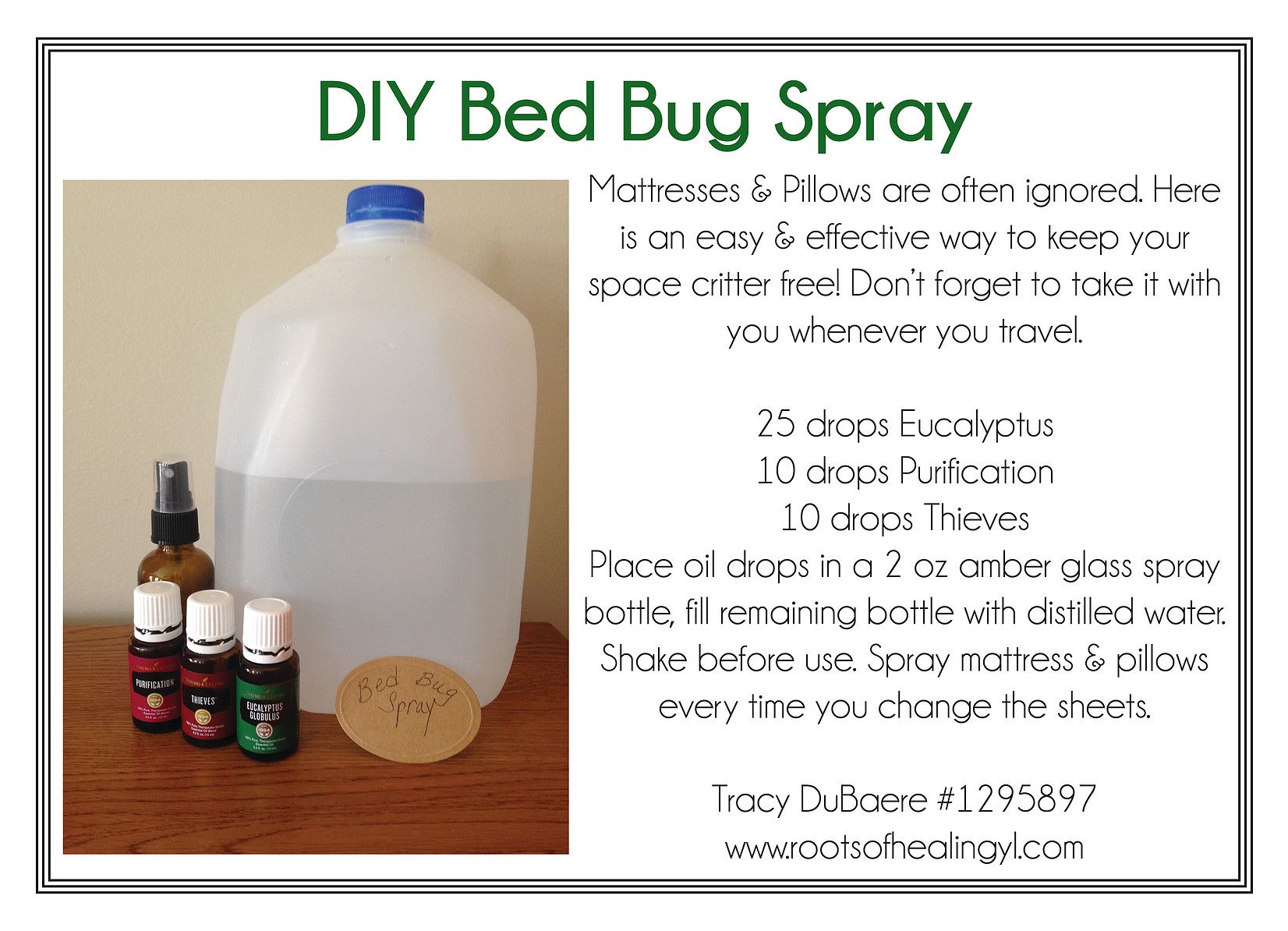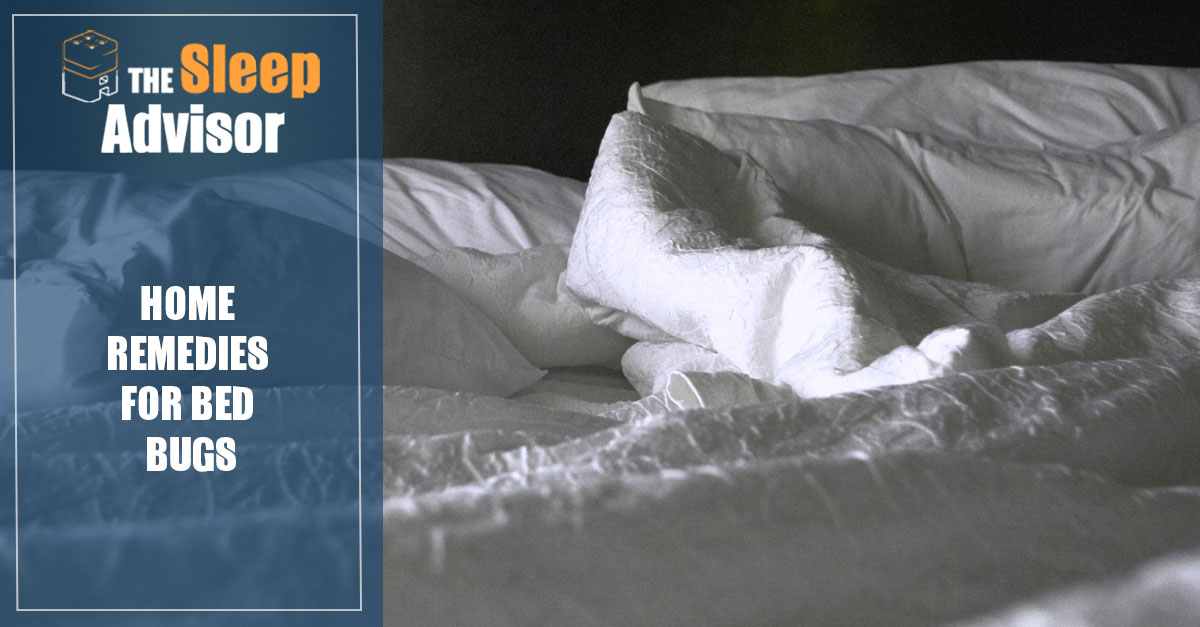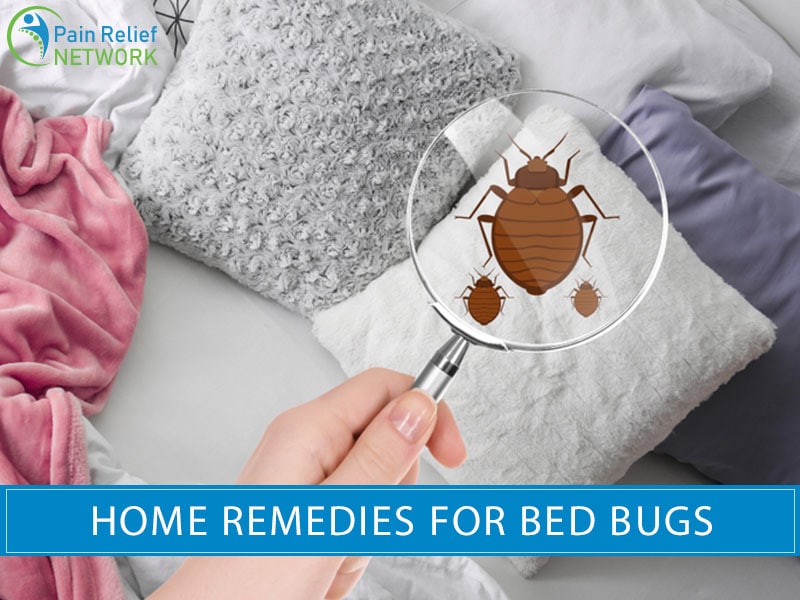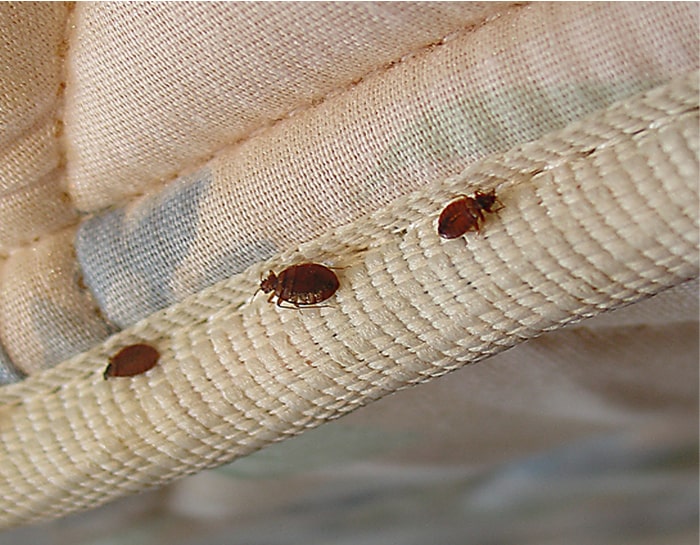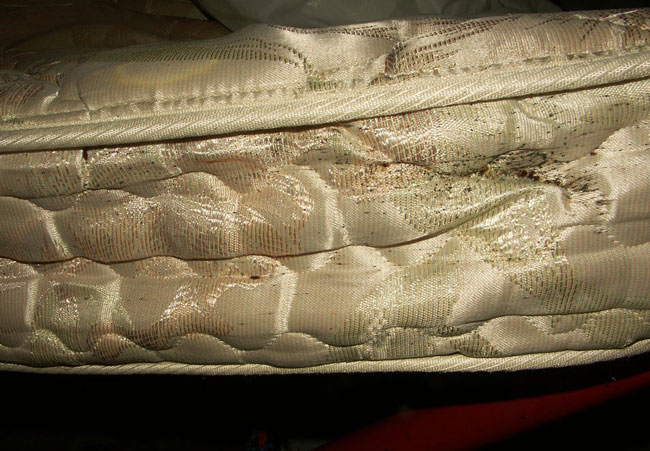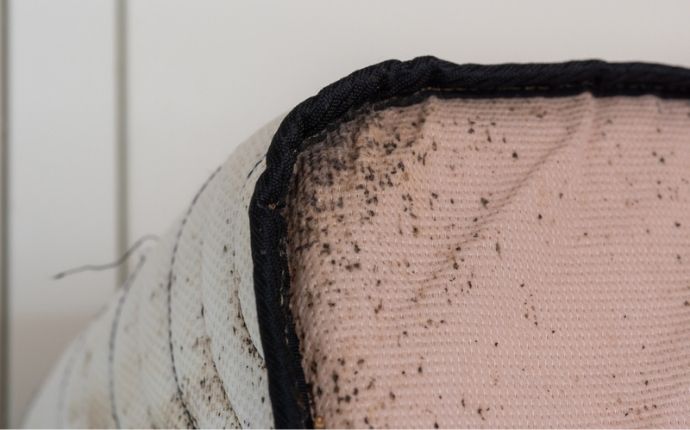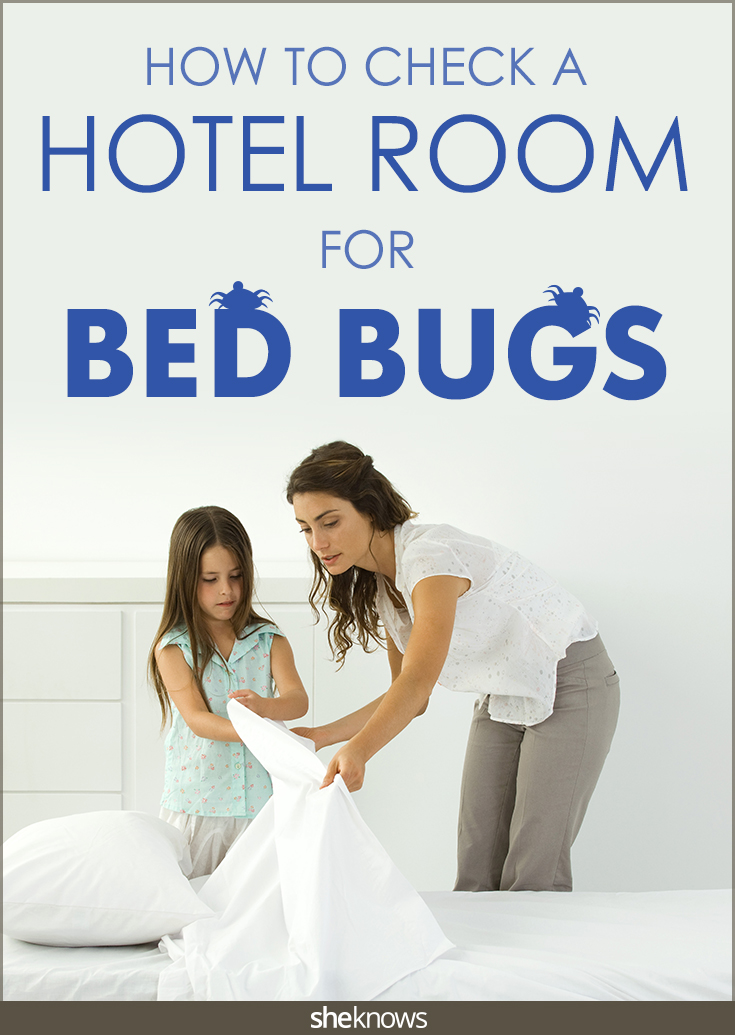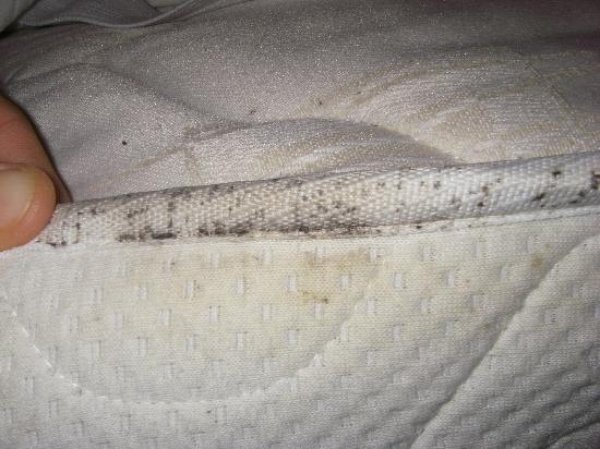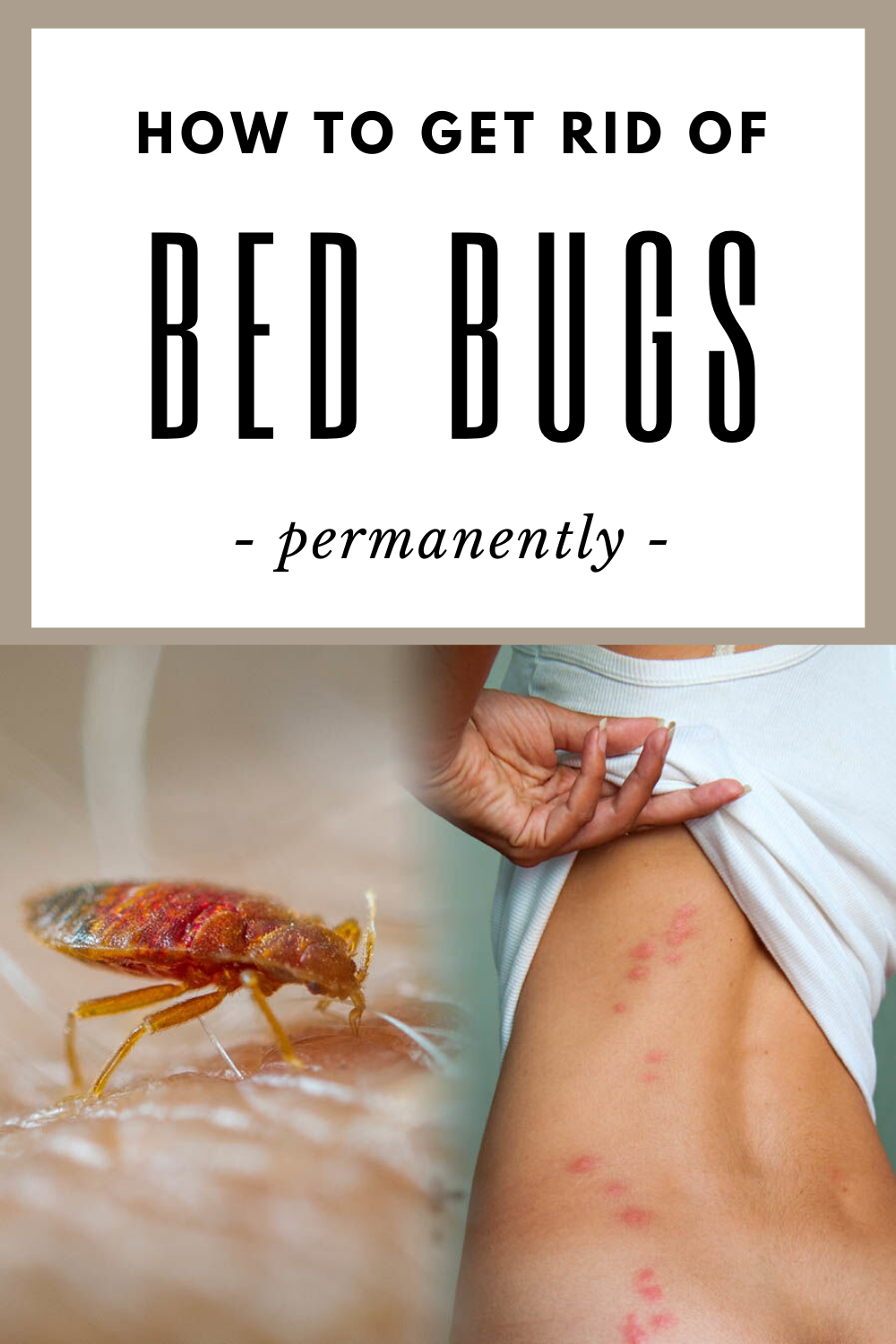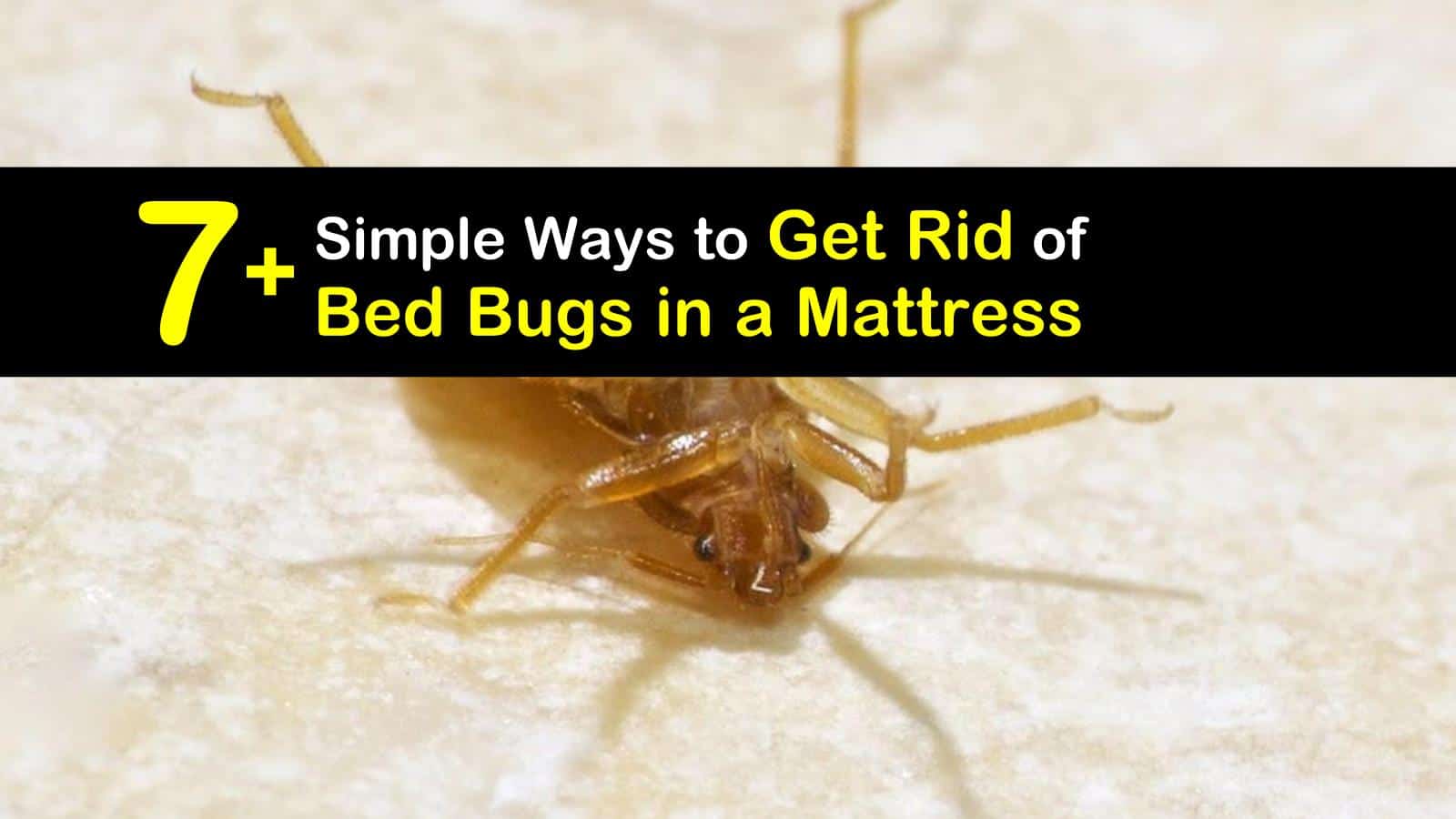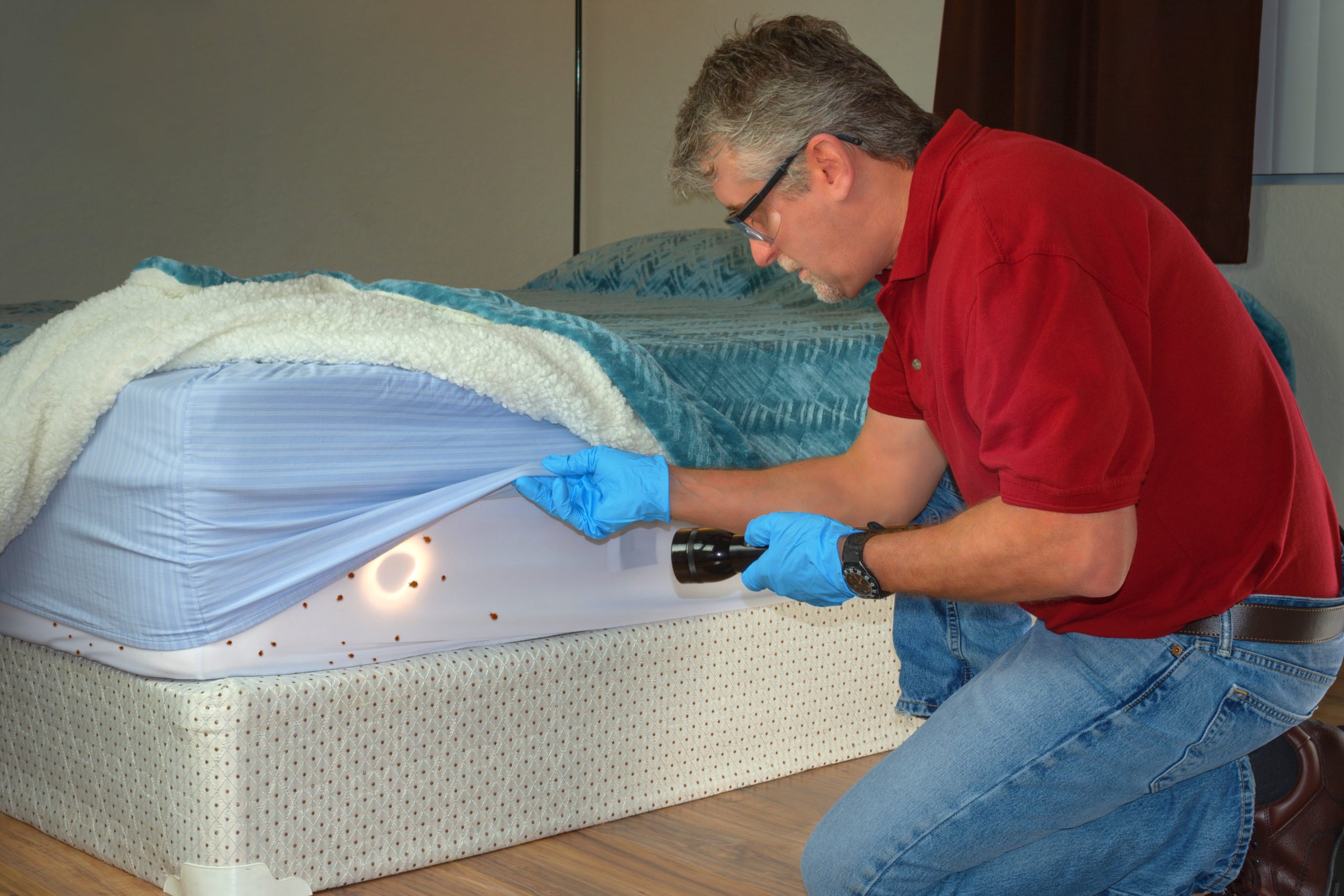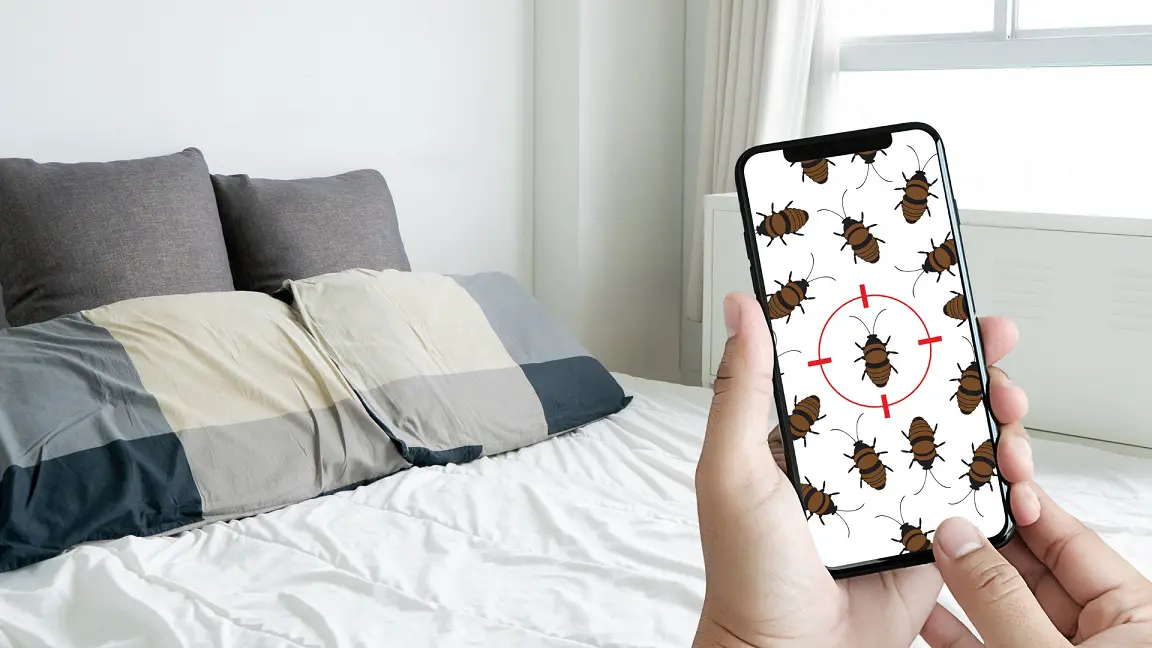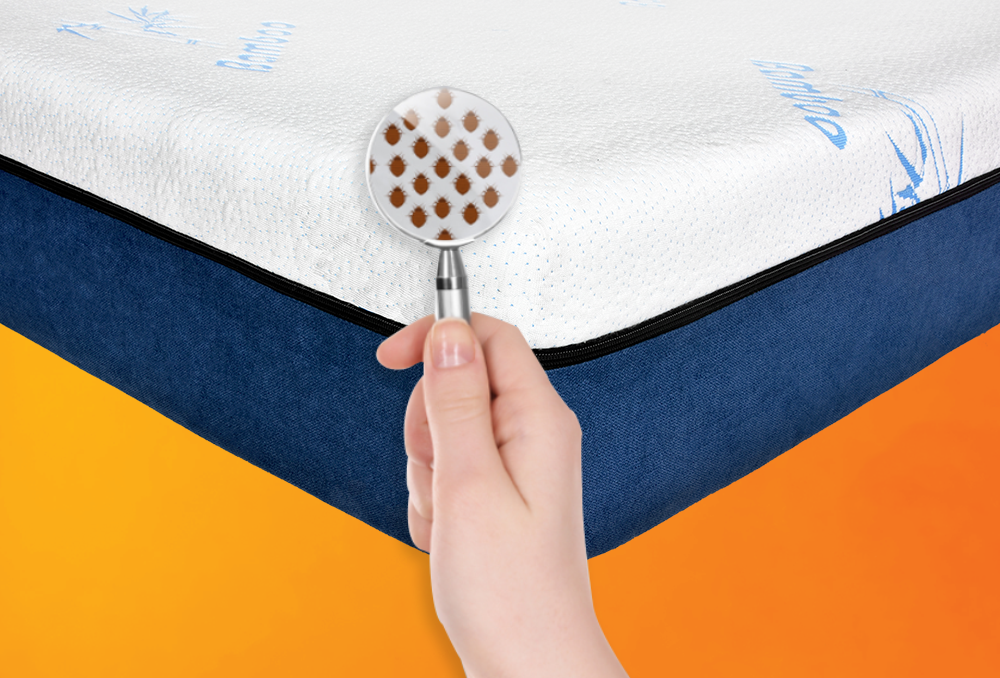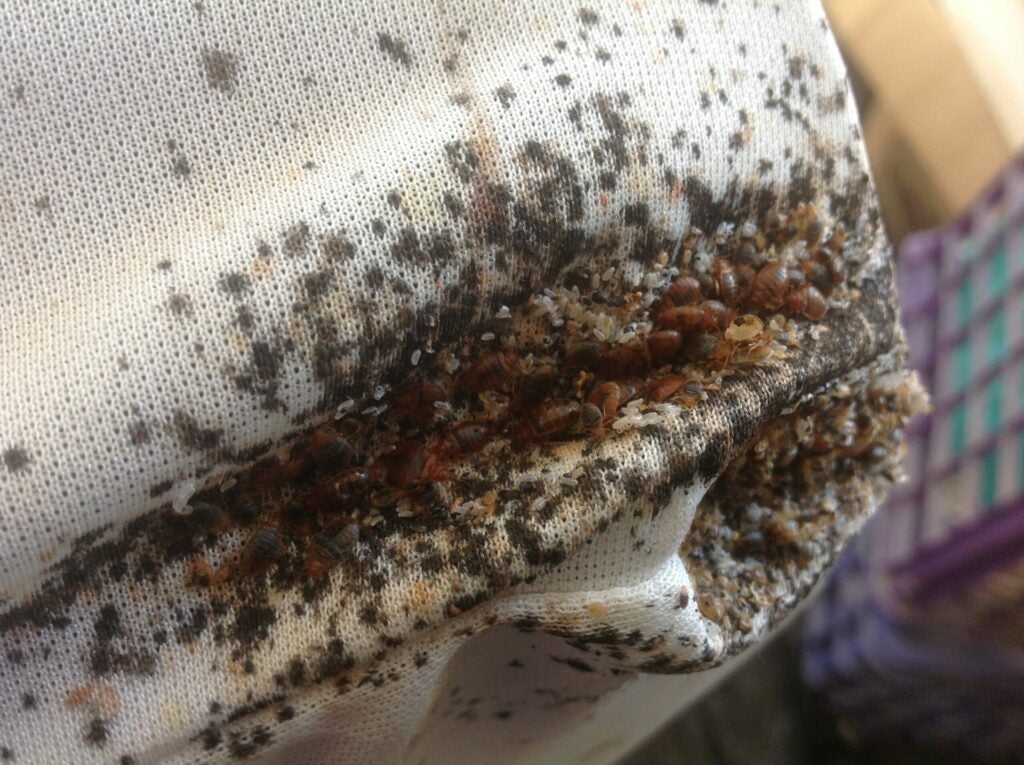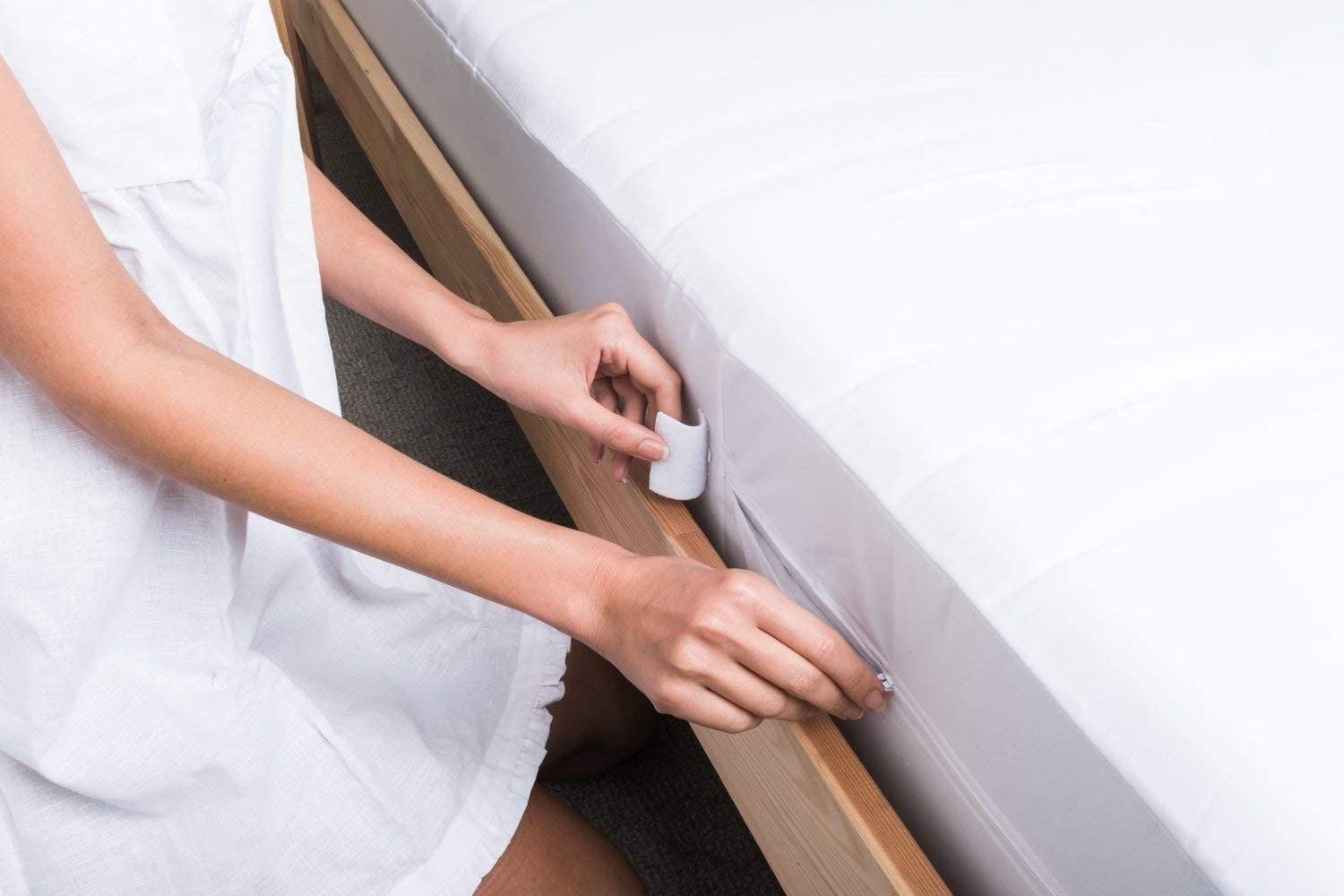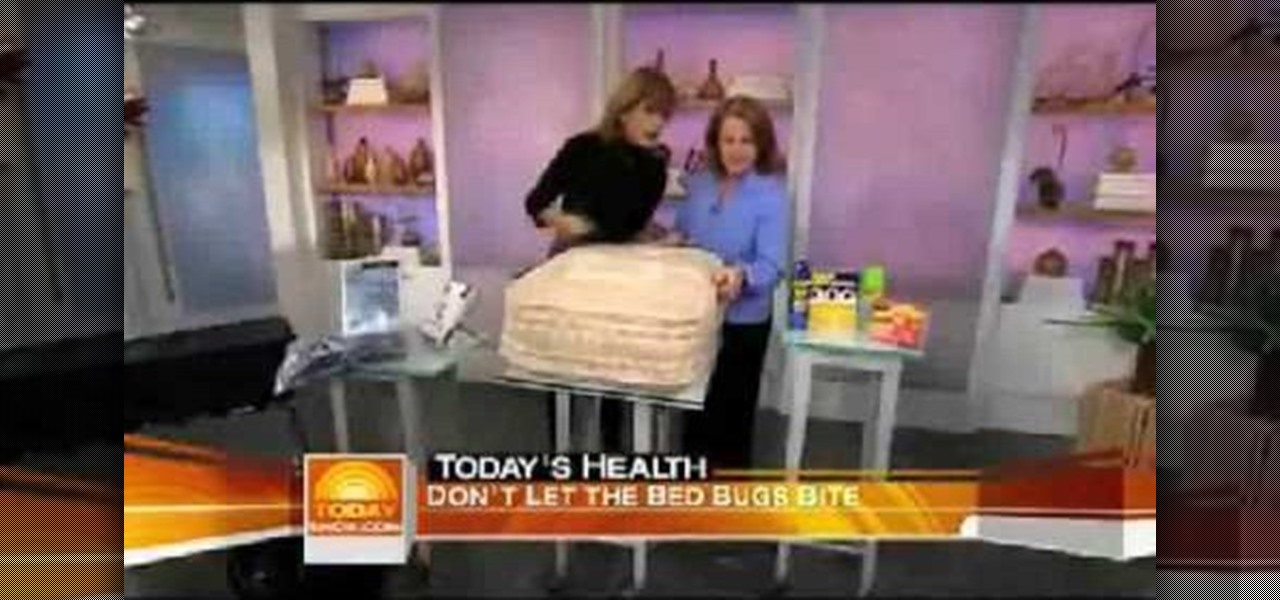Bed bugs can quickly turn your peaceful sleep into a nightmare. These tiny pests can infest your mattress, making it uncomfortable and unhygienic to sleep on. But fear not, there are effective ways to get rid of bed bugs in your mattress and prevent them from coming back. How to Get Rid of Bed Bugs in a Mattress
The first step in dealing with bed bugs is to identify them. These bugs are small and can be mistaken for other insects, so it's important to know what they look like. Bed bugs are reddish-brown in color, oval-shaped, and about the size of an apple seed. They leave behind tiny dark spots on your mattress, which could be blood or fecal stains.How to Identify Bed Bugs in a Mattress
Aside from the physical appearance of bed bugs, there are other signs that indicate their presence in your mattress. If you wake up with unexplained bites on your body, it could be a sign of bed bug infestation. You may also notice a musty odor in your bedroom, which is caused by bed bug pheromones. If you see any of these signs, it's time to take action.Signs of Bed Bugs in a Mattress
Prevention is key when it comes to bed bugs. To avoid infestation in your mattress, make sure to inspect any used furniture or clothing before bringing them into your home. When traveling, always check your hotel room for signs of bed bugs and keep your suitcase off the floor. Additionally, regularly vacuum and declutter your bedroom to minimize hiding spots for bed bugs.How to Prevent Bed Bugs in a Mattress
If you already have bed bugs in your mattress, there are several treatment options available. You can use a bed bug spray, which contains chemicals that kill the bugs on contact. Another option is to steam clean your mattress, as the high temperatures can also eliminate bed bugs. It's important to follow the instructions on these products carefully to ensure their effectiveness.How to Treat a Mattress for Bed Bugs
If you prefer to use natural methods, there are also ways to get rid of bed bugs in your mattress. Diatomaceous earth, a natural powder made from fossilized algae, can be sprinkled on your mattress to dehydrate and kill bed bugs. You can also try using essential oils like lavender or tea tree oil, which have insecticidal properties. However, natural remedies may not be as effective as chemical treatments.Natural Remedies for Bed Bugs in a Mattress
Once you have treated your mattress for bed bugs, it's important to thoroughly clean it. Remove all bedding and wash them in hot water to kill any remaining bugs and their eggs. Use a stiff brush to scrub your mattress and vacuum it thoroughly. You can also use a steam cleaner to ensure all bed bugs are eliminated.How to Clean a Mattress Infested with Bed Bugs
To prevent a bed bug infestation from getting out of hand, it's important to regularly inspect your mattress. Use a flashlight and check the seams, folds, and edges of your mattress for any signs of bed bugs. You can also use a mattress encasement, which acts as a barrier to prevent bed bugs from entering or escaping.How to Inspect a Mattress for Bed Bugs
If you find bed bugs in your mattress, it's crucial to act quickly to get rid of them. In addition to using treatment products, you can also try vacuuming your mattress on a regular basis to remove any bugs or eggs. Another effective method is to expose your mattress to extreme temperatures by leaving it out in the sun or freezing it for a few days.How to Kill Bed Bugs in a Mattress
After successfully eliminating bed bugs from your mattress, it's important to take preventive measures to keep them from returning. Use a bed bug proof mattress cover to protect your mattress from future infestations. You can also continue to regularly inspect your mattress and take necessary precautions when traveling or bringing in new furniture.How to Protect Your Mattress from Bed Bugs
How to Prevent Bed Bug Infestations in Your Home

The Dangers of Bed Bugs and Mattress Worms
 If you've ever experienced a bed bug infestation, you know just how frustrating and difficult it can be to get rid of these pesky creatures. Not only do they cause itchy and uncomfortable bites, but they can also quickly spread throughout your home, making it a constant battle to eliminate them. But did you know that bed bugs are not the only pests that can infest your mattress? Mattress worms, also known as carpet beetle larvae, can also cause similar problems and are often mistaken for bed bugs. These tiny white worms feed on dead skin cells, pet hair, and other debris found in your mattress, making it an ideal breeding ground for them.
If you've ever experienced a bed bug infestation, you know just how frustrating and difficult it can be to get rid of these pesky creatures. Not only do they cause itchy and uncomfortable bites, but they can also quickly spread throughout your home, making it a constant battle to eliminate them. But did you know that bed bugs are not the only pests that can infest your mattress? Mattress worms, also known as carpet beetle larvae, can also cause similar problems and are often mistaken for bed bugs. These tiny white worms feed on dead skin cells, pet hair, and other debris found in your mattress, making it an ideal breeding ground for them.
The Importance of Proper House Design
 Believe it or not, the design of your house can play a significant role in preventing bed bug and mattress worm infestations. These pests thrive in cluttered and unkempt spaces, making it essential to keep your home clean and organized. Clutter provides hiding spots for bed bugs and makes it more challenging to detect and eliminate them. Additionally, a cluttered home can also make it harder to spot signs of an infestation, allowing it to spread unnoticed.
Believe it or not, the design of your house can play a significant role in preventing bed bug and mattress worm infestations. These pests thrive in cluttered and unkempt spaces, making it essential to keep your home clean and organized. Clutter provides hiding spots for bed bugs and makes it more challenging to detect and eliminate them. Additionally, a cluttered home can also make it harder to spot signs of an infestation, allowing it to spread unnoticed.
Seal Cracks and Crevices
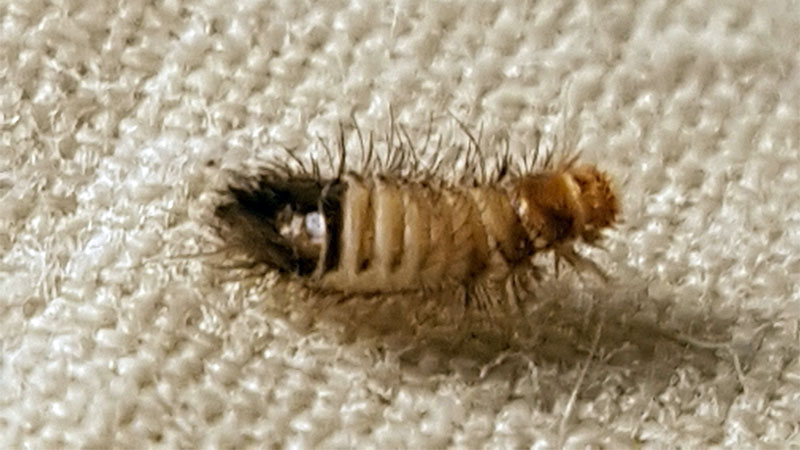 Bed bugs and mattress worms can easily enter your home through tiny cracks and crevices in your walls, floors, and furniture. To prevent this, make sure to seal any openings with caulk or weather stripping. This will not only keep out pests but also help with energy efficiency and reduce your utility bills.
Bed bugs and mattress worms can easily enter your home through tiny cracks and crevices in your walls, floors, and furniture. To prevent this, make sure to seal any openings with caulk or weather stripping. This will not only keep out pests but also help with energy efficiency and reduce your utility bills.
Invest in Quality Mattress Protectors
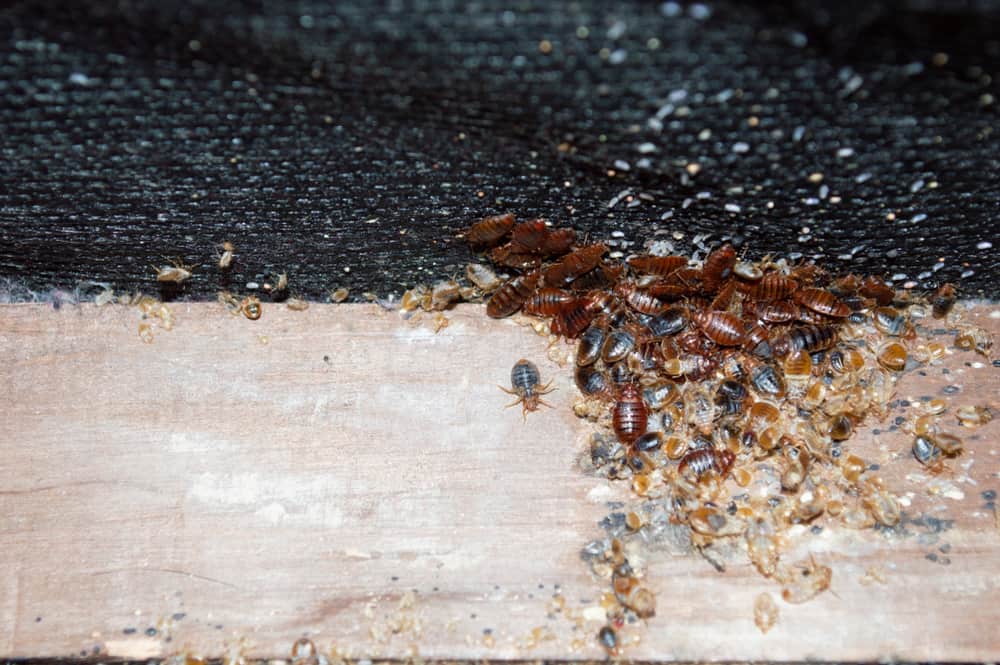 One of the most effective ways to prevent bed bug and mattress worm infestations is by investing in quality mattress protectors. These covers are designed to encase your entire mattress, creating a barrier between you and any potential pests. Be sure to choose a cover that is specifically designed for bed bugs and has a zipper closure to seal off the mattress completely.
One of the most effective ways to prevent bed bug and mattress worm infestations is by investing in quality mattress protectors. These covers are designed to encase your entire mattress, creating a barrier between you and any potential pests. Be sure to choose a cover that is specifically designed for bed bugs and has a zipper closure to seal off the mattress completely.
Regularly Wash and Vacuum Your Mattress
 Keeping your mattress clean is crucial in preventing bed bug and mattress worm infestations. Be sure to vacuum your mattress regularly, paying close attention to seams, tufts, and any crevices. This will help remove any eggs or larvae that may be hiding in your mattress. Additionally, make sure to wash your bedding and mattress covers regularly in hot water to kill any existing pests.
Keeping your mattress clean is crucial in preventing bed bug and mattress worm infestations. Be sure to vacuum your mattress regularly, paying close attention to seams, tufts, and any crevices. This will help remove any eggs or larvae that may be hiding in your mattress. Additionally, make sure to wash your bedding and mattress covers regularly in hot water to kill any existing pests.
Conclusion
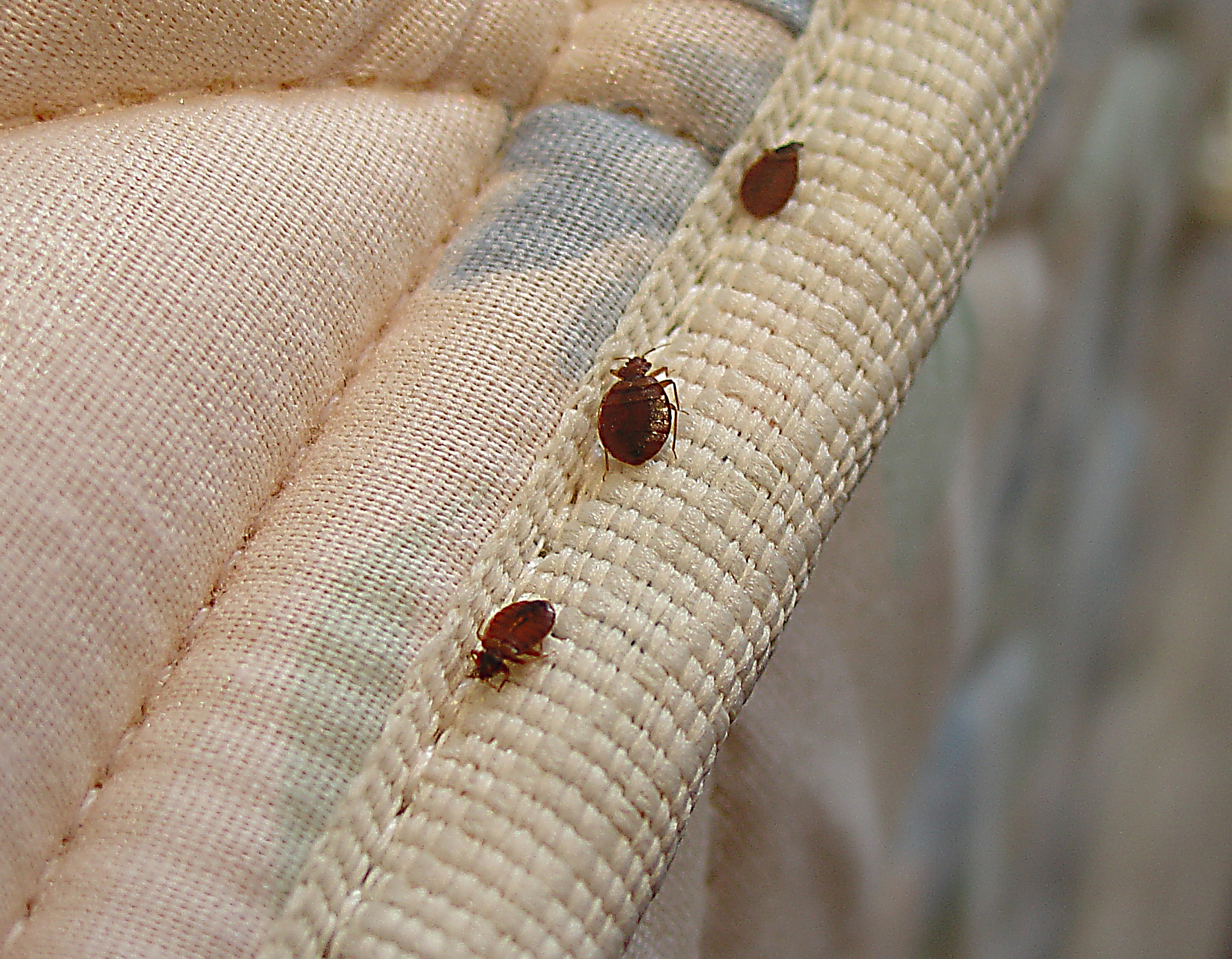 Bed bugs and mattress worms can be a homeowner's worst nightmare. However, by implementing proper house design techniques and taking preventative measures, you can significantly reduce the risk of an infestation. Remember to keep your home clutter-free, seal any cracks and crevices, invest in quality mattress protectors, and regularly clean and vacuum your mattress. With these tips, you can rest easy knowing your home is protected from these pesky pests.
Bed bugs and mattress worms can be a homeowner's worst nightmare. However, by implementing proper house design techniques and taking preventative measures, you can significantly reduce the risk of an infestation. Remember to keep your home clutter-free, seal any cracks and crevices, invest in quality mattress protectors, and regularly clean and vacuum your mattress. With these tips, you can rest easy knowing your home is protected from these pesky pests.

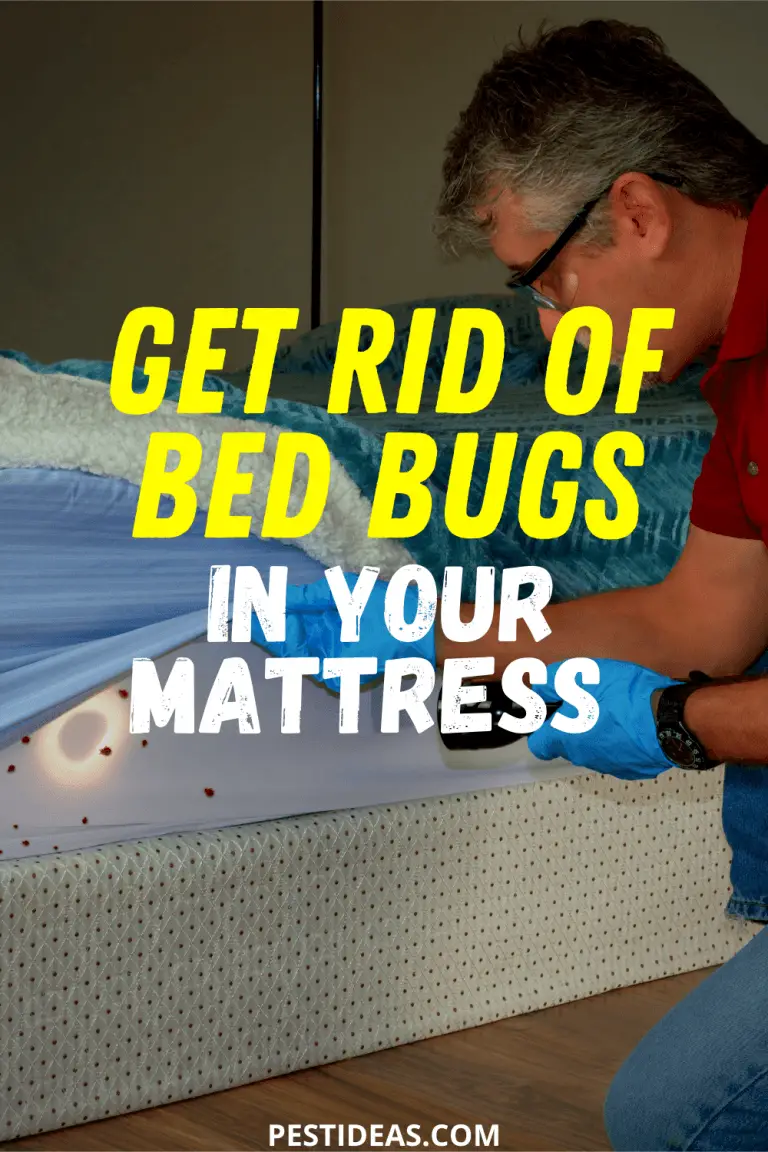


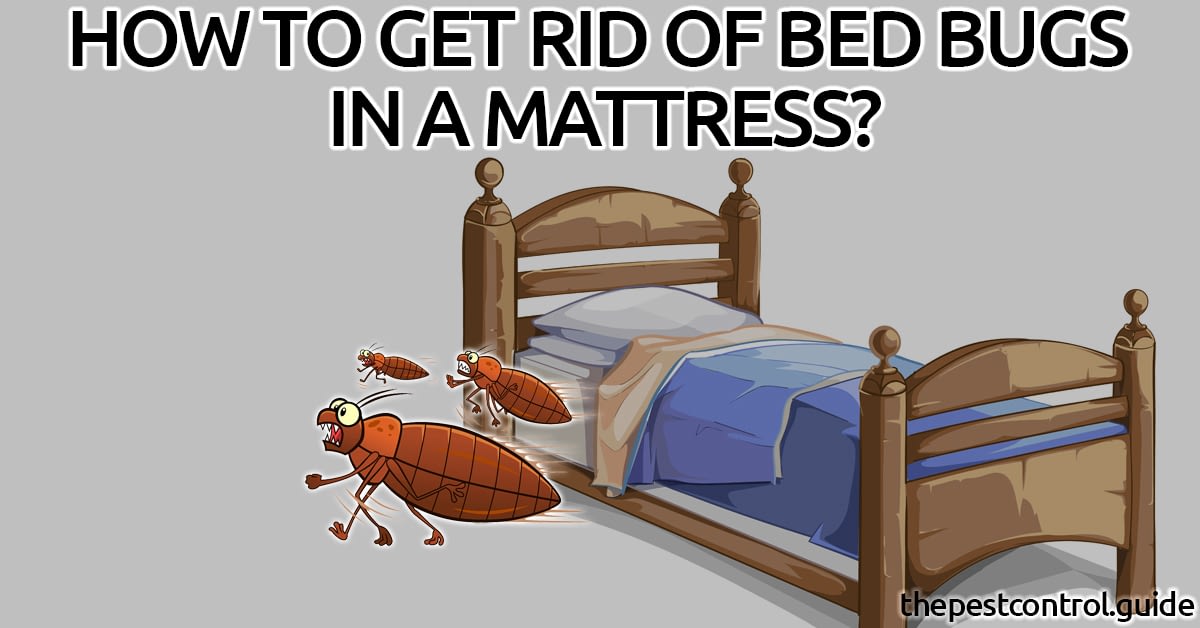

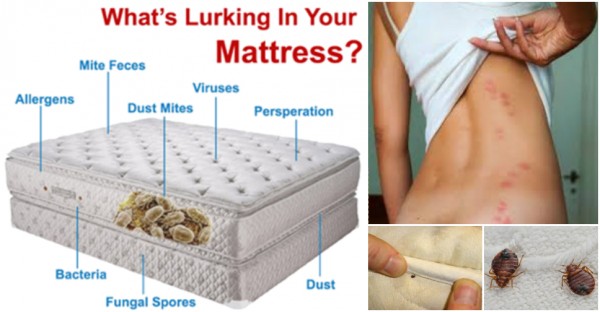

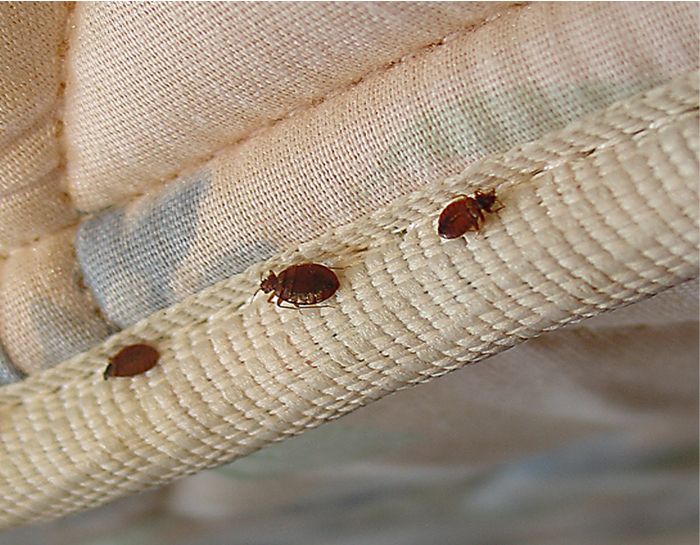


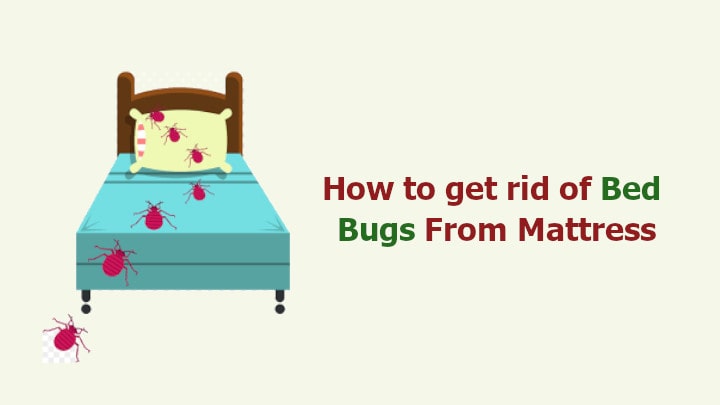

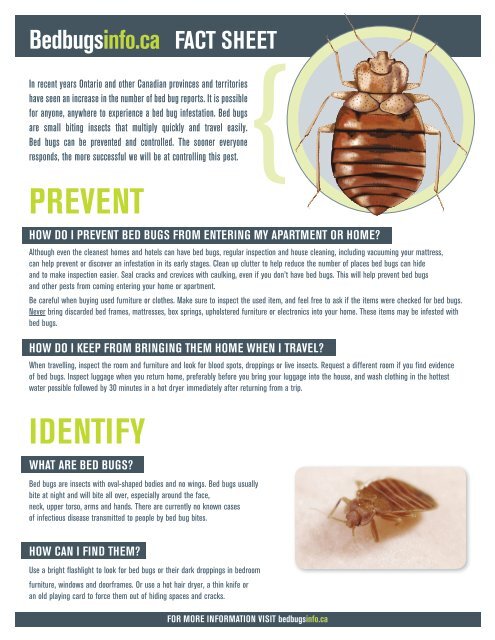

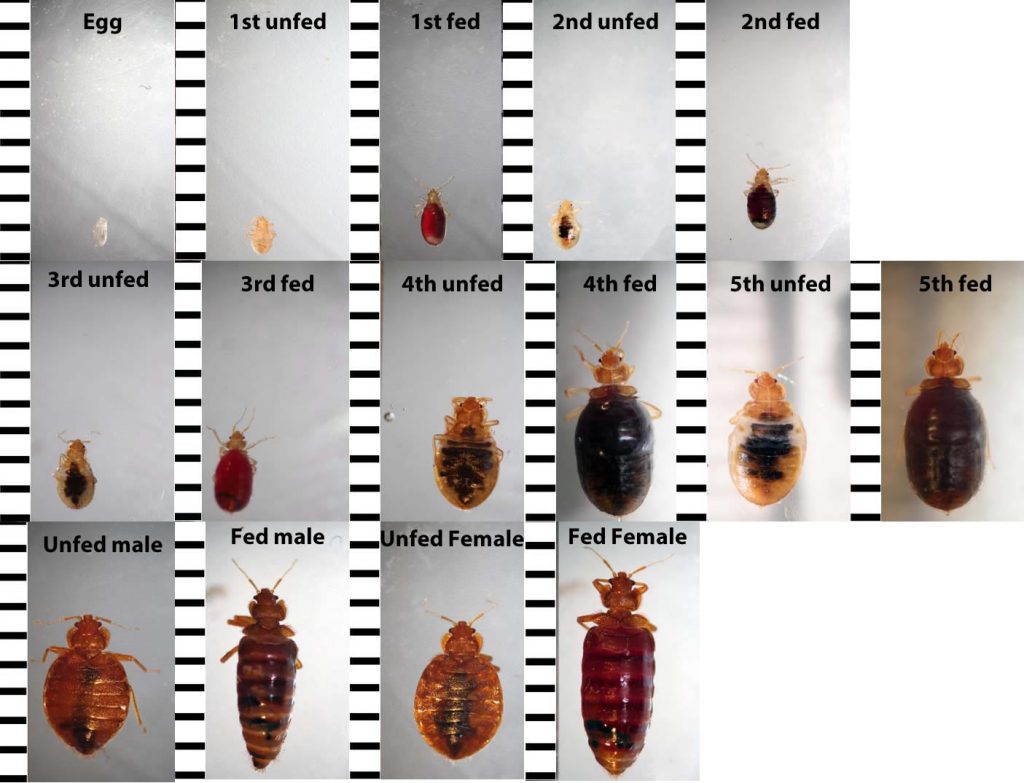
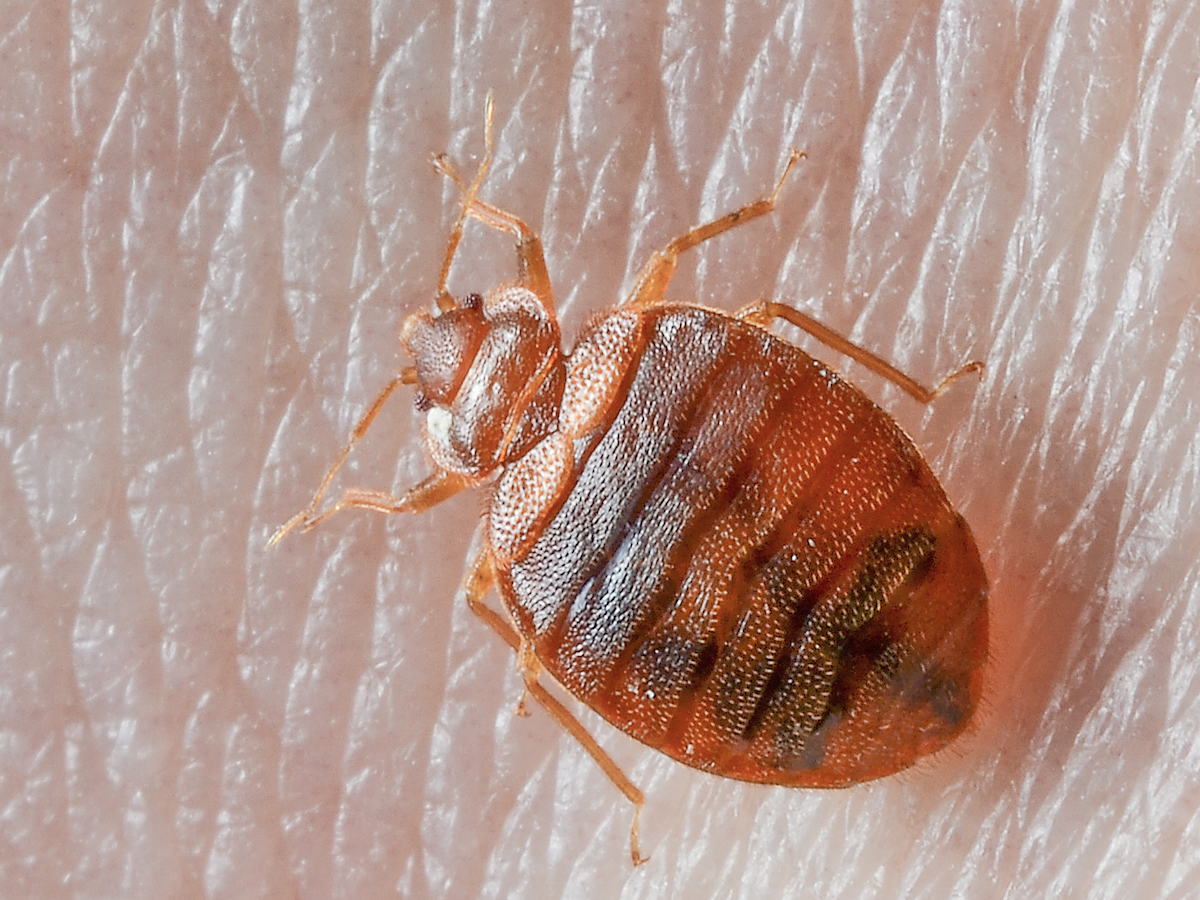
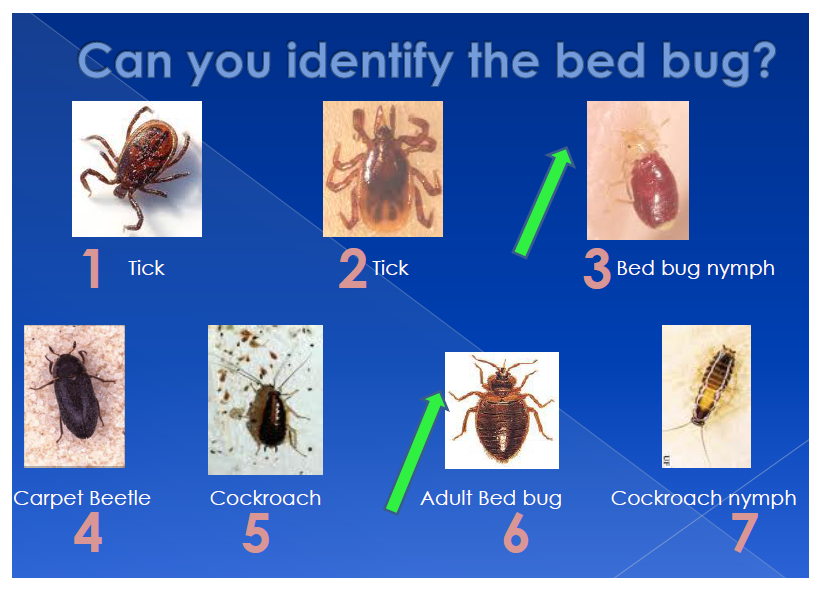



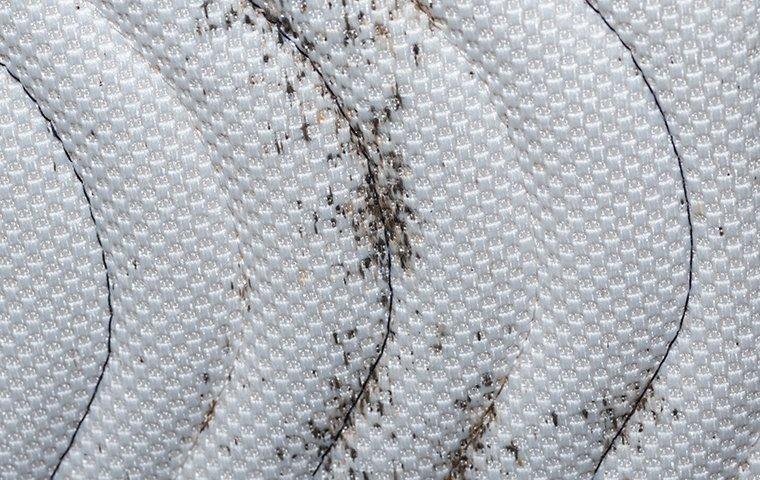
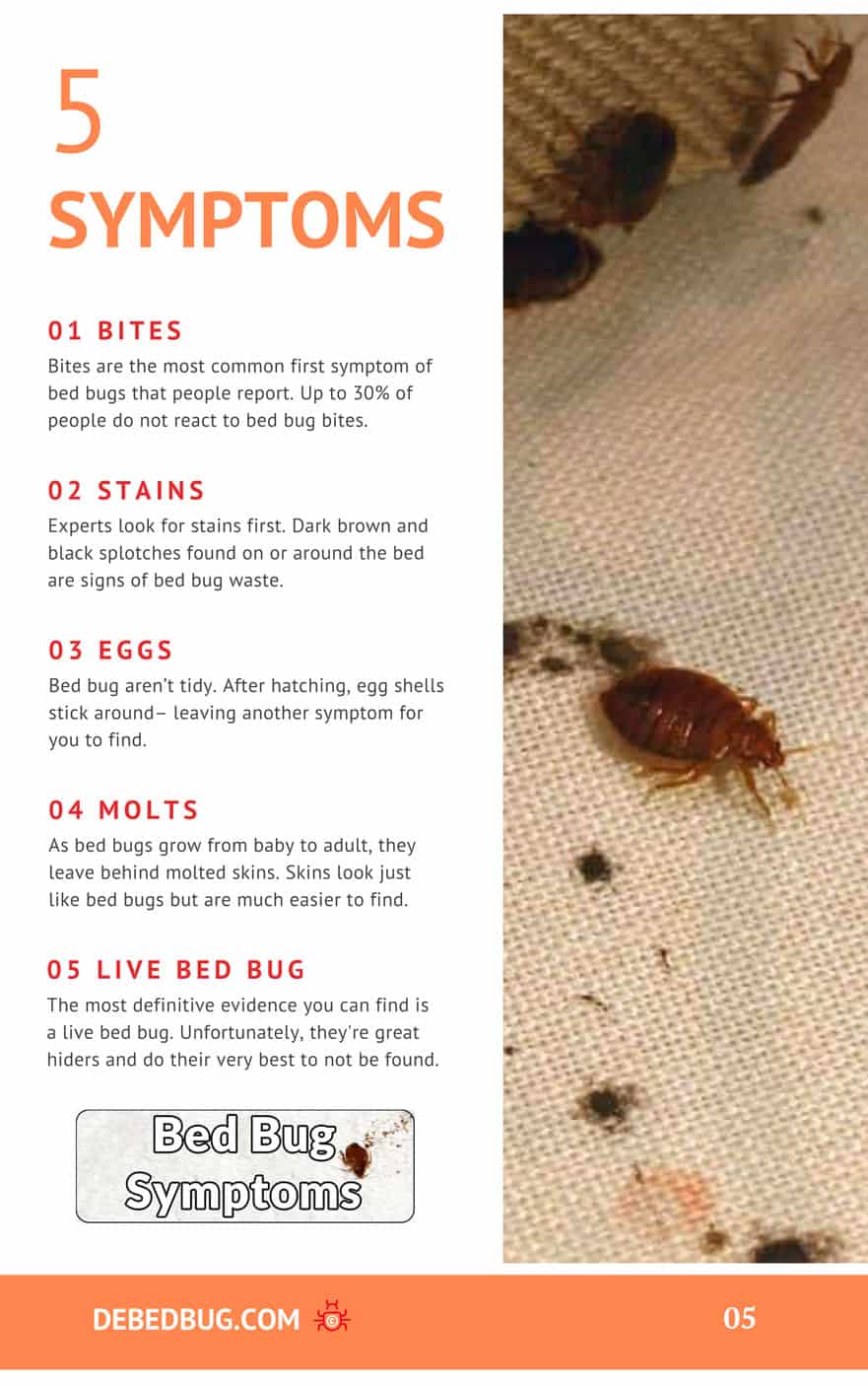

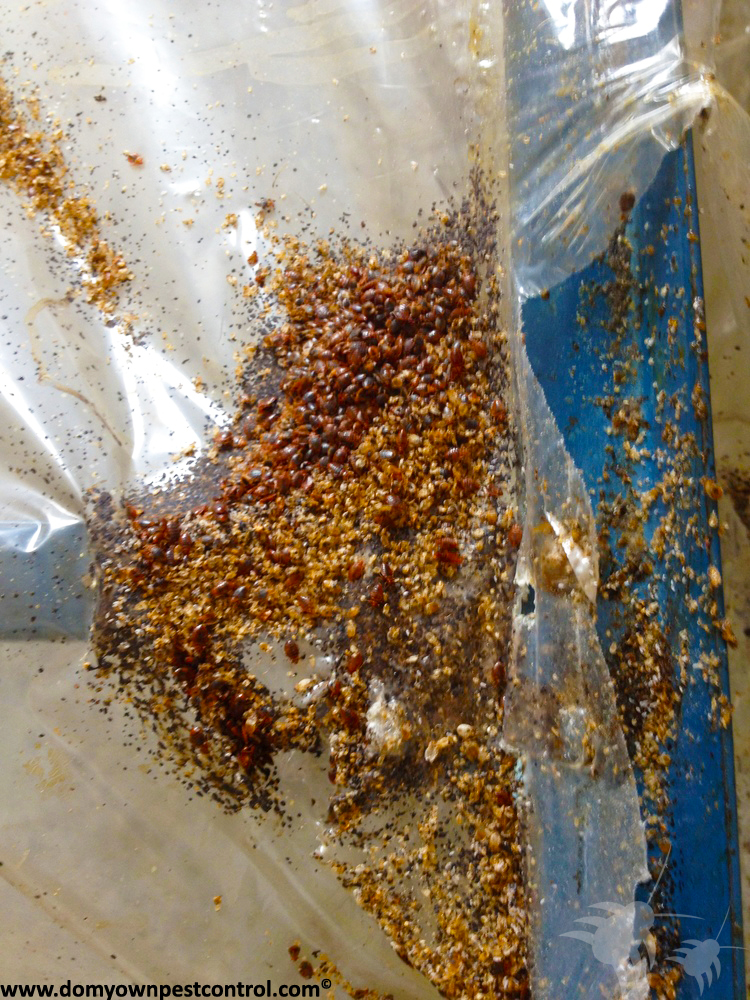
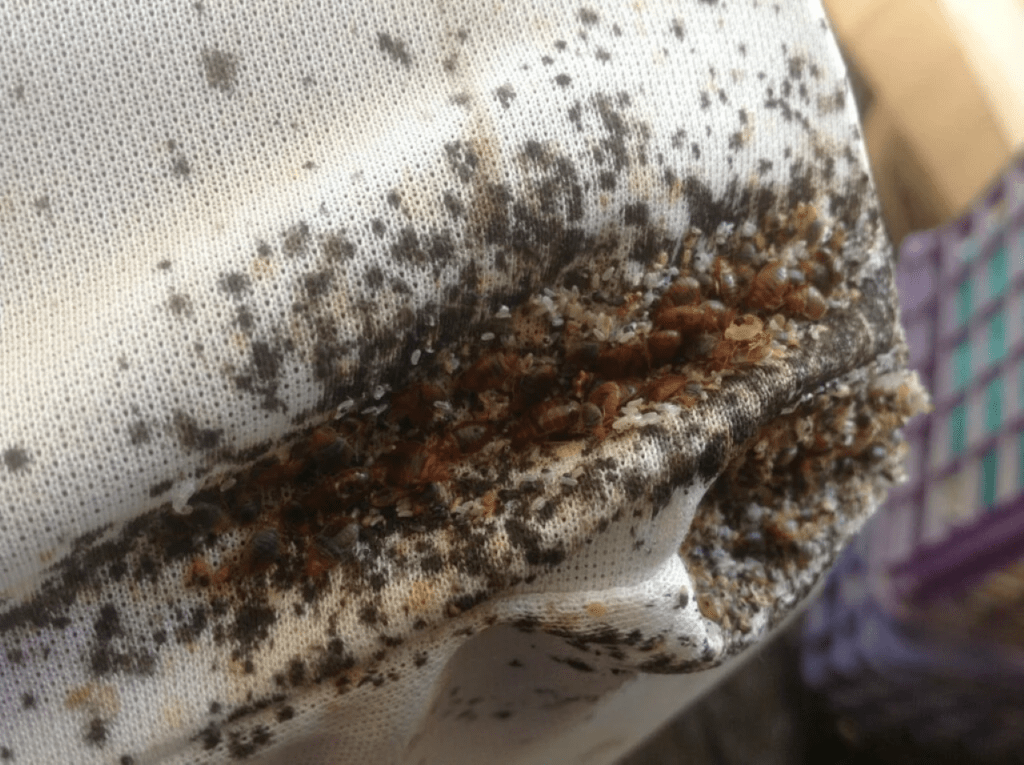

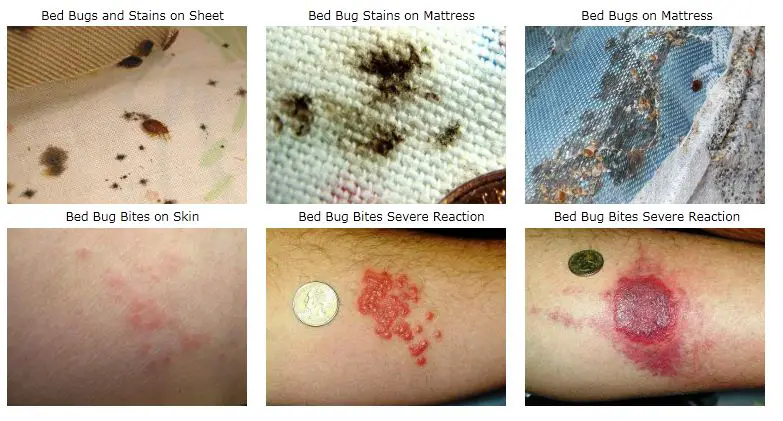

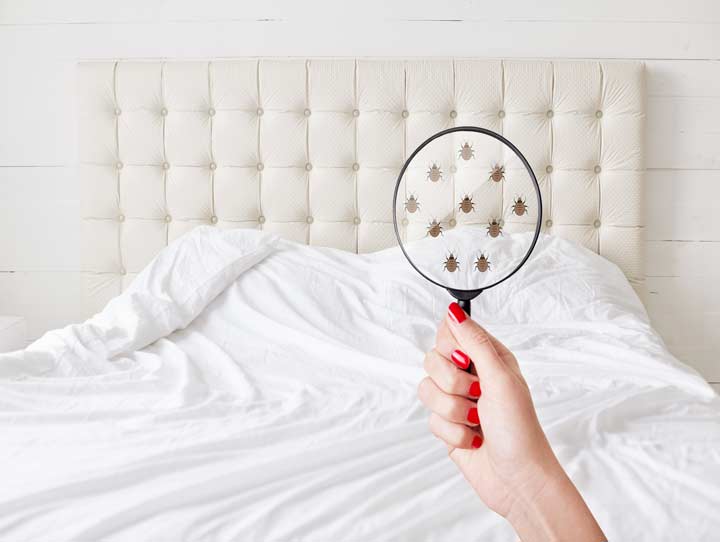

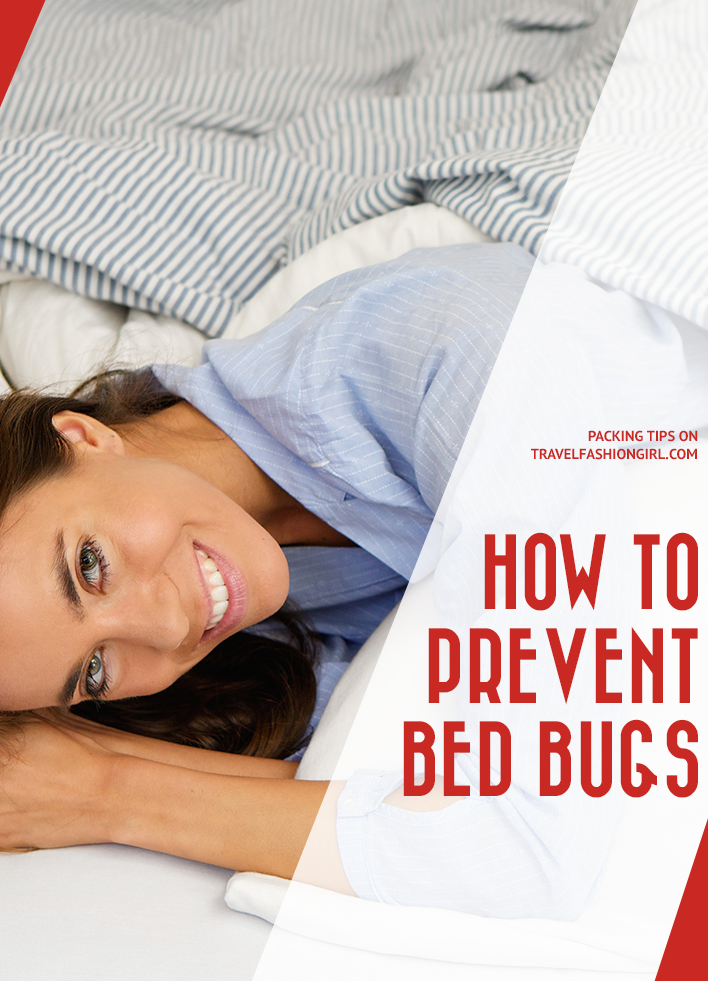
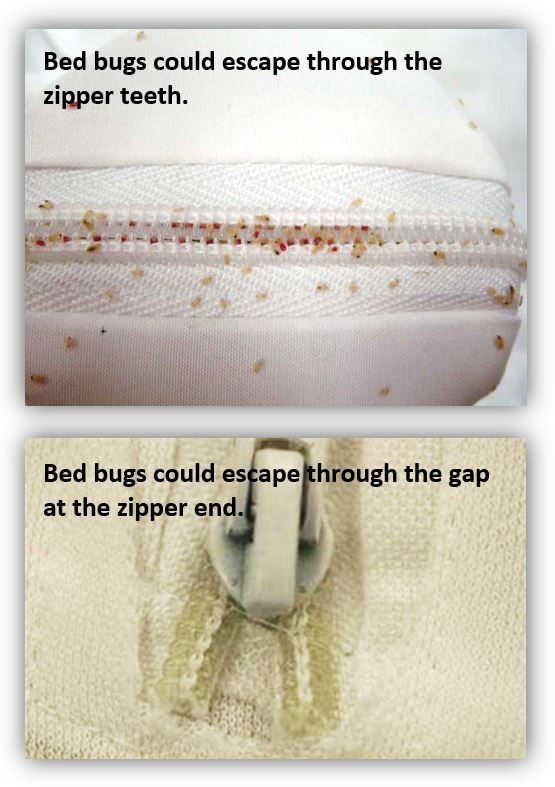
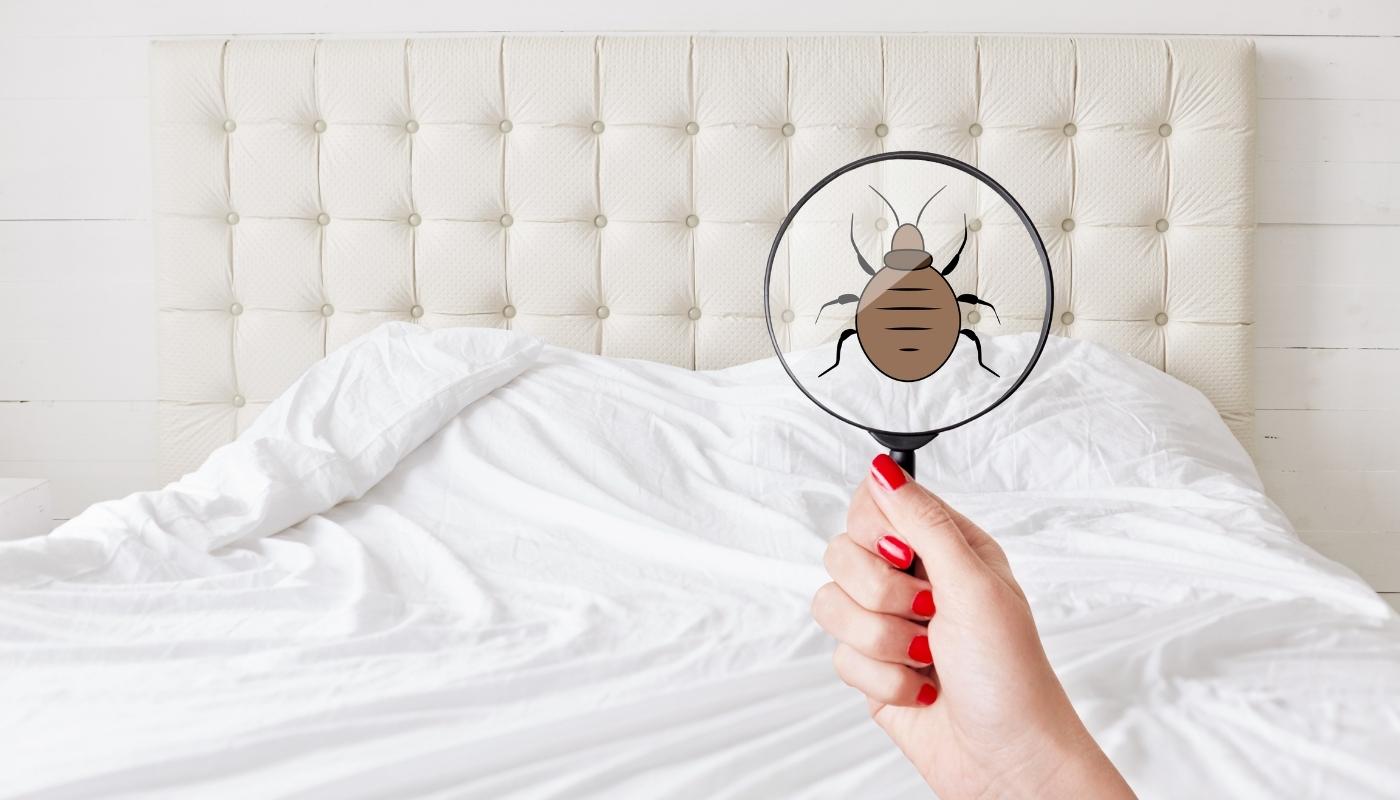
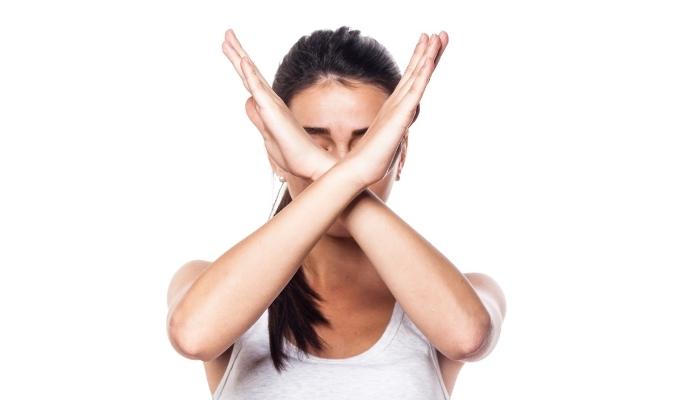
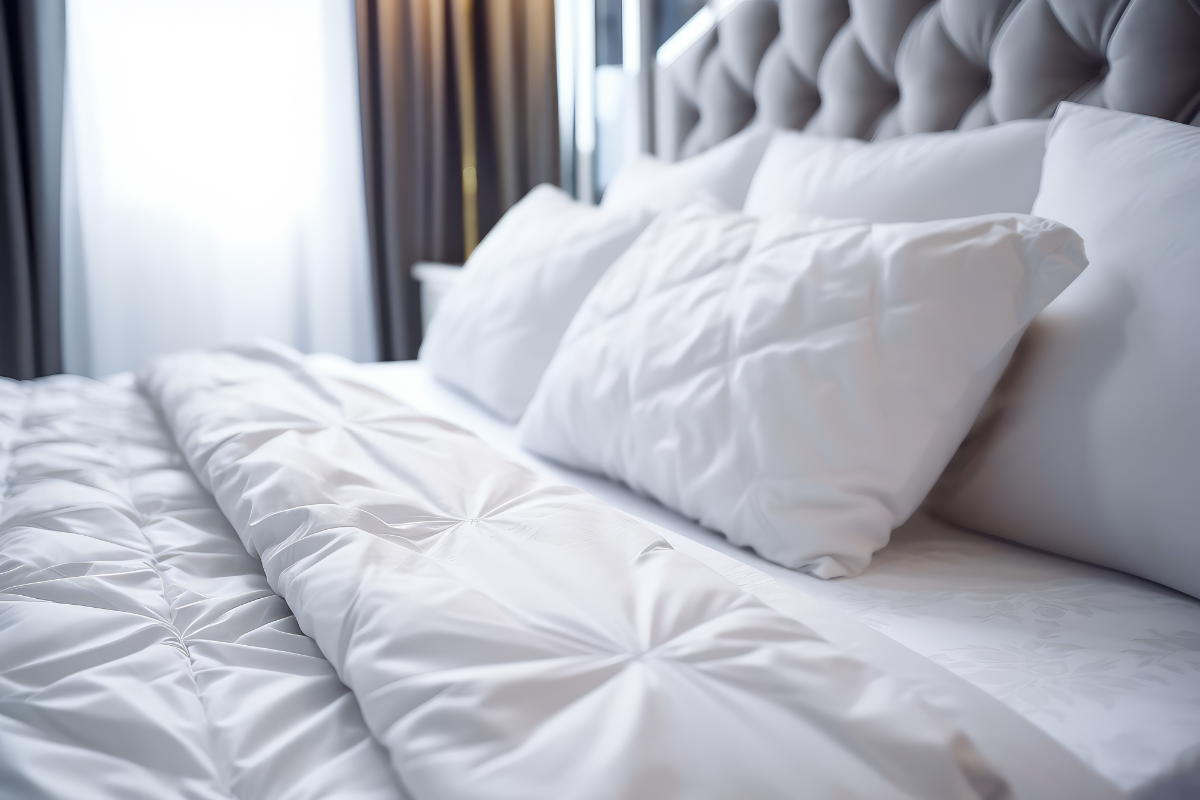


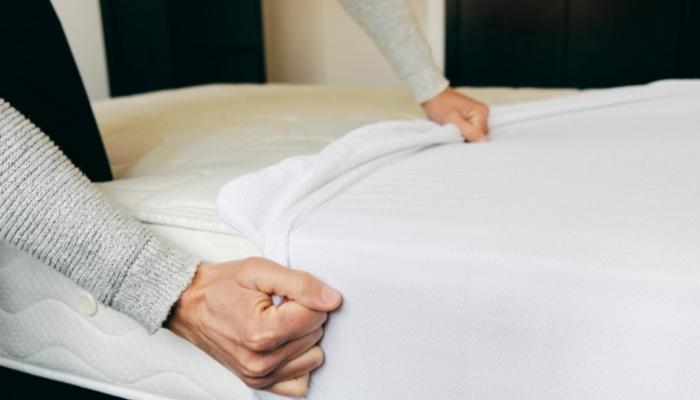

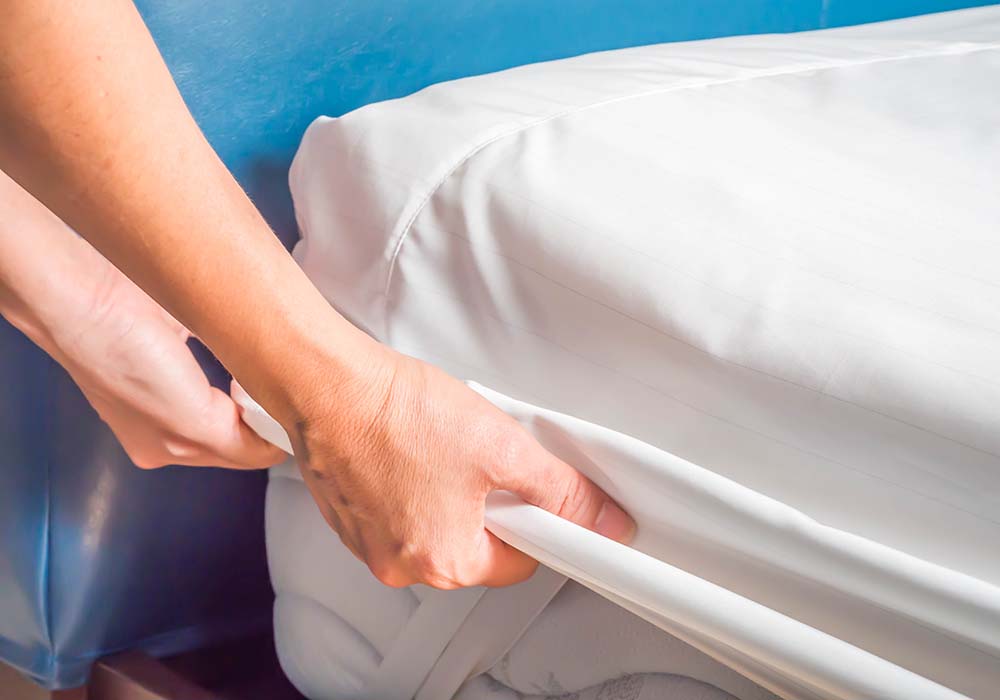
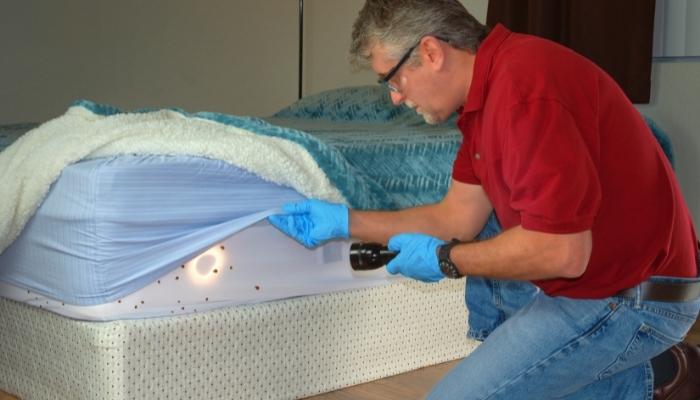
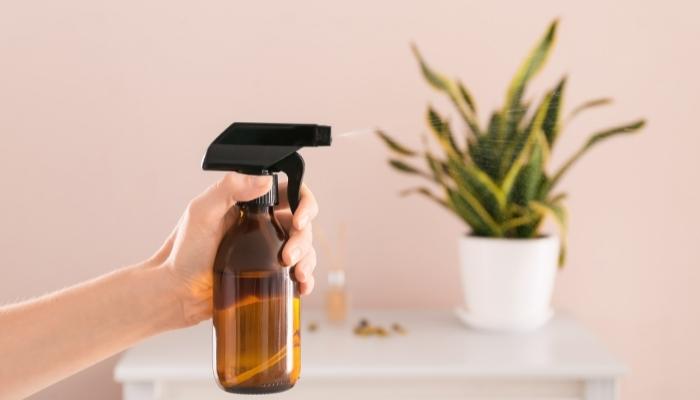

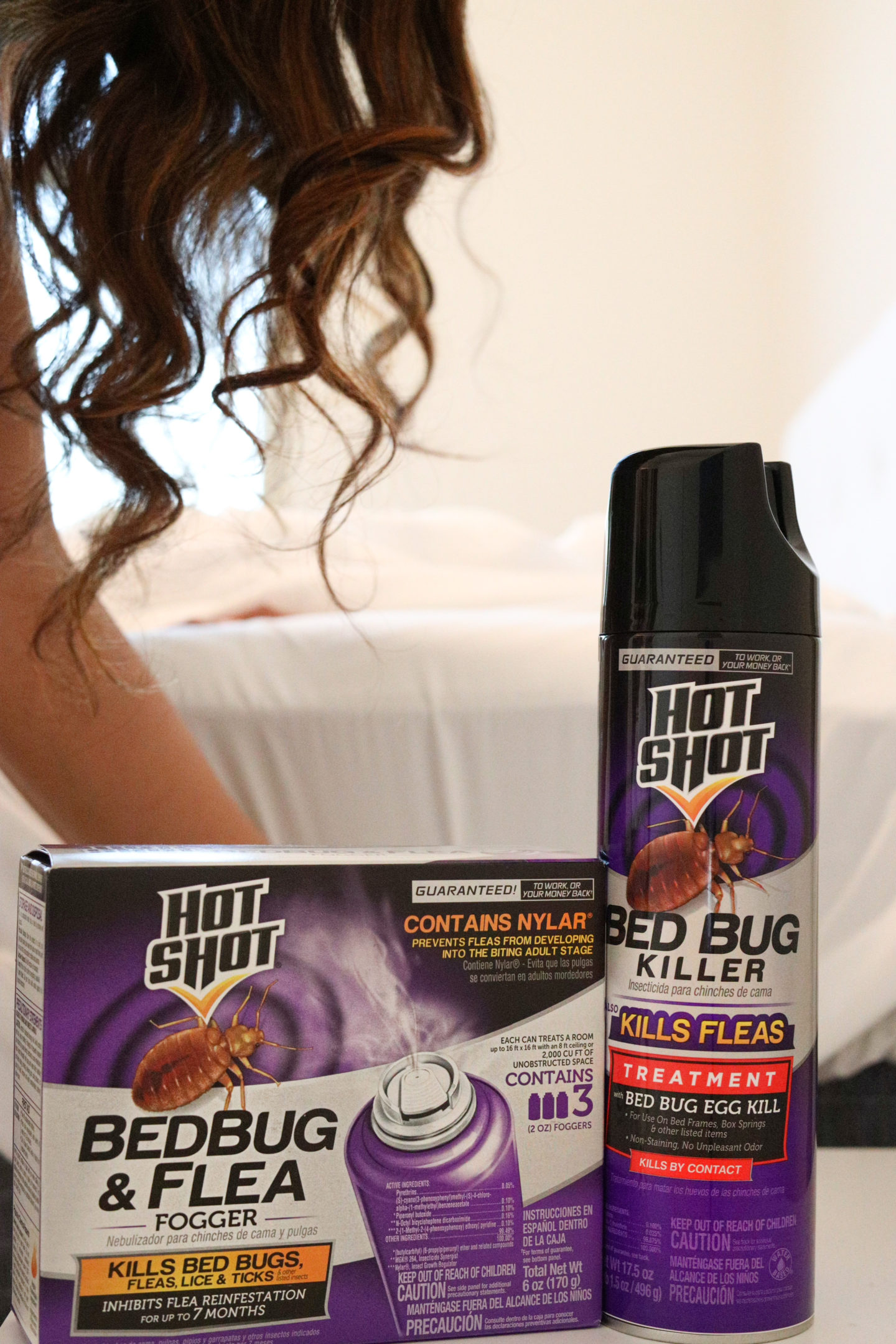






:max_bytes(150000):strip_icc()/bed-bug-bites-overview-2633482_v2-f8bfc57491af4e7a93307ec27a0d9652.png)
